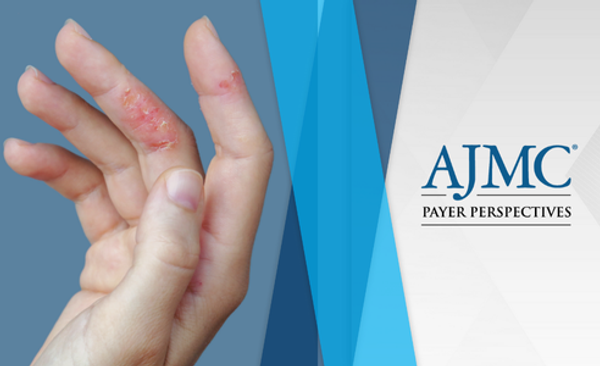
Dermatology
Latest News
Video Series

Latest Videos
Shorts
CME Content
More News

Speakers delved into innovative strategies in skin tumor management, focusing on chemotherapies, patient risk assessment, and evolving treatment protocols.

LLMs provide valuable answers to common Mohs surgery questions, supporting postoperative care and patient education without replacing physician guidance.

Experts discuss groundbreaking therapies in dermatology at Maui Derm 2026, addressing complex skin diseases and enhancing patient care with innovative treatments.

Maui Derm 2026 showcases groundbreaking clinical trial data and innovative strategies in dermatology.

Patients with proinflammatory, pro-oxidative diets may face accelerated biological aging and increased skin cancer risk.

On average, patients with multiple prior dermatology visits still scored below 75% when identifying common skin cancer terms, underscoring the need for clearer patient-physician communication.
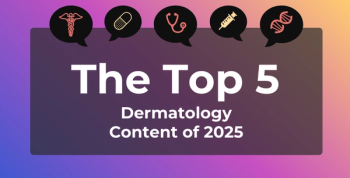
Our top dermatology content of 2025 highlights AI wearables, new biologics, emerging vitiligo treatments, and strategies for rare and complex skin diseases.

Alopecia areata significantly impacts quality of life, driven by appearance-related anxiety related to where hair loss occurs more than how much is lost.

Here are our top highlights from AAD 2025 that include safety of topical JAK inhibitors, climate impacts on skin health, affordability of classic therapies, and advancing AI in dermatology.
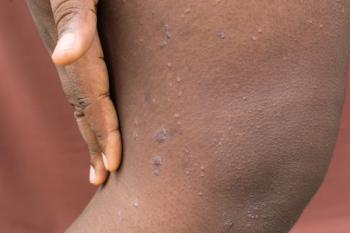
A phase 2b trial found vixarelimab rapidly reduced itch and lesion burden in prurigo nodularis, with sustained benefit and a favorable safety profile.

A study using Mendelian randomization found higher BMI and IBD have causal links to hidradenitis suppurativa risk.

Pediatric atopic dermatitis advances, ruxolitinib safety, IgE insights, and more at the Society for Pediatric Dermatology (SPD) 2025 meeting.
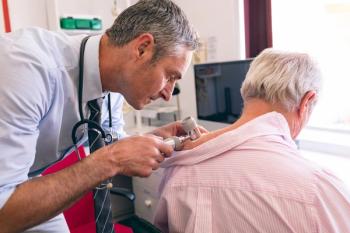
Polarized dermatoscopes produced higher-quality teledermatology images but at greater cost, raising questions about feasibility and equitable access.

Survivors of SJS/TEN face severe long-term physical and psychological effects, with major gaps in post-discharge care, support, and physician guidance.

Immune-boosting herbs were linked to lower autoantibody rates in patients before dermatomyositis onset, suggesting activation of alternative immune pathways.
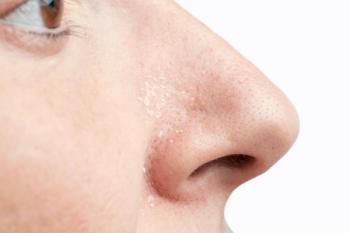
A study links seborrheic dermatitis to multiple epithelial barrier diseases, supporting broader assessment for inflammation and barrier dysfunction.

Delgocitinib has emerged as a promising treatment for CHE, addressing unmet needs and enhancing understanding of this complex condition, notes Raj Chovatiya, MD, PhD, MSCI.
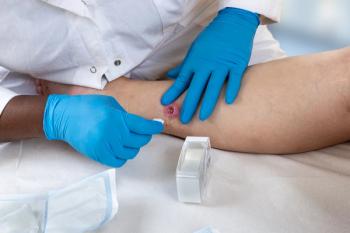
Experts discussed safe and effective management strategies for patients with hidradenitis suppurativa at the 2025 Skin of Color Update.

Eliot F. Battle, MD, discusses how to effectively and successfully treat skin of color.
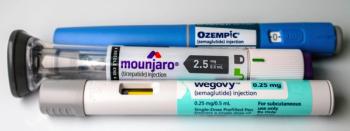
Experts at the Skin of Color Update highlighted the potential benefits of GLP-1 RAs in managing obesity, as well as psoriasis and hidradenitis suppurativa symptom management.

Tiffany Mayo, MD, speaks on emerging therapies for treating hidradenitis suppurativa at the 2025 Skin of Color Update.

Tiffany Mayo, MD, discusses the emerging therapy landscape for treating patients with hidradenitis suppurativa.

FDA approvals since the last Skin of Color Update expand topical and biologic options for various dermatological conditions, benefiting patients with skin of color.

Oral upadacitinib combined with topical ruxolitinib cream may be a promising therapeutic approach for patients with progressive nonsegmental vitiligo.

The study confirms that biologics are highly effective in real-world HS management, and highlights the need for a comprehensive treatment strategy considering both skin symptoms and systemic health.





